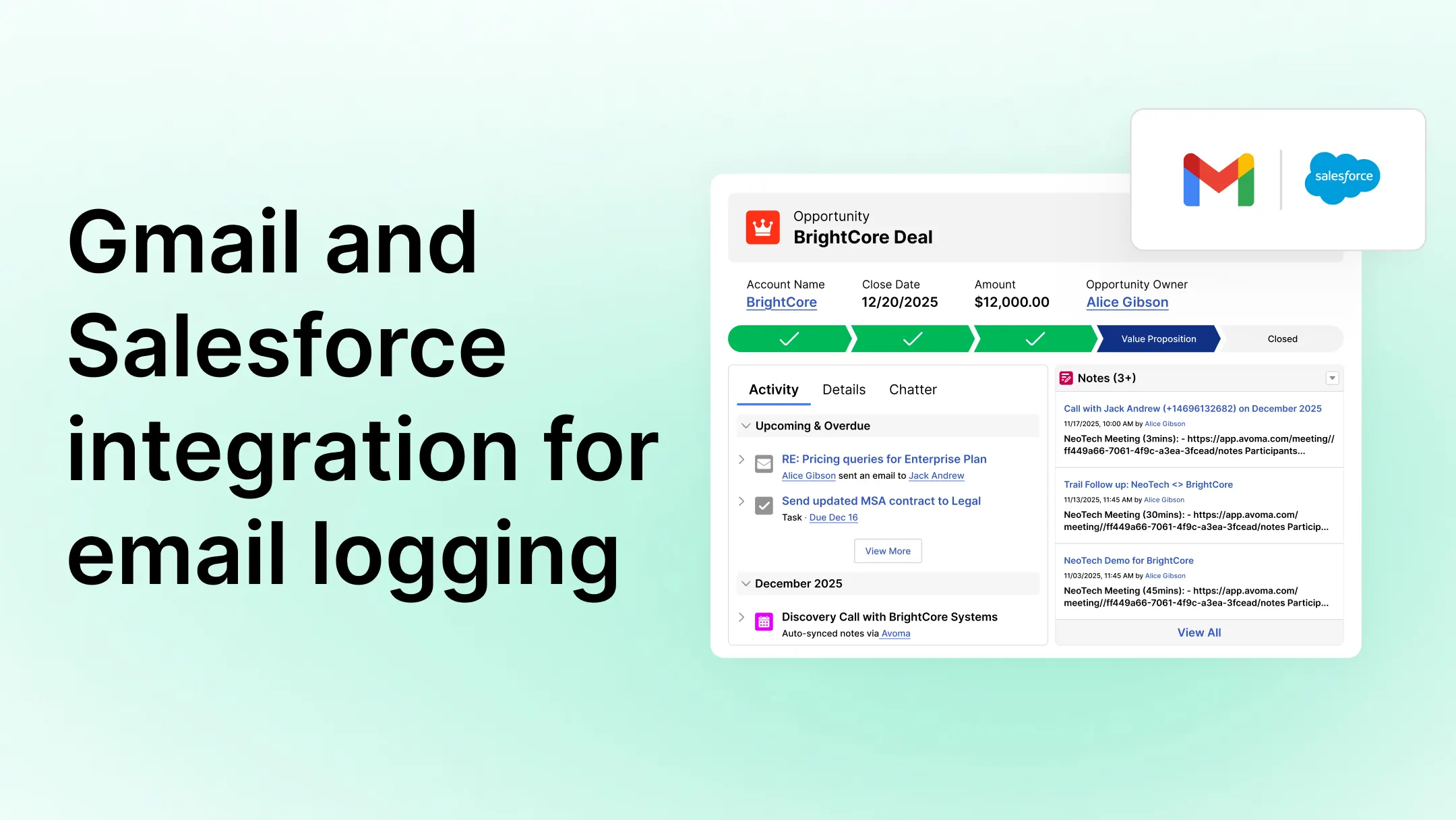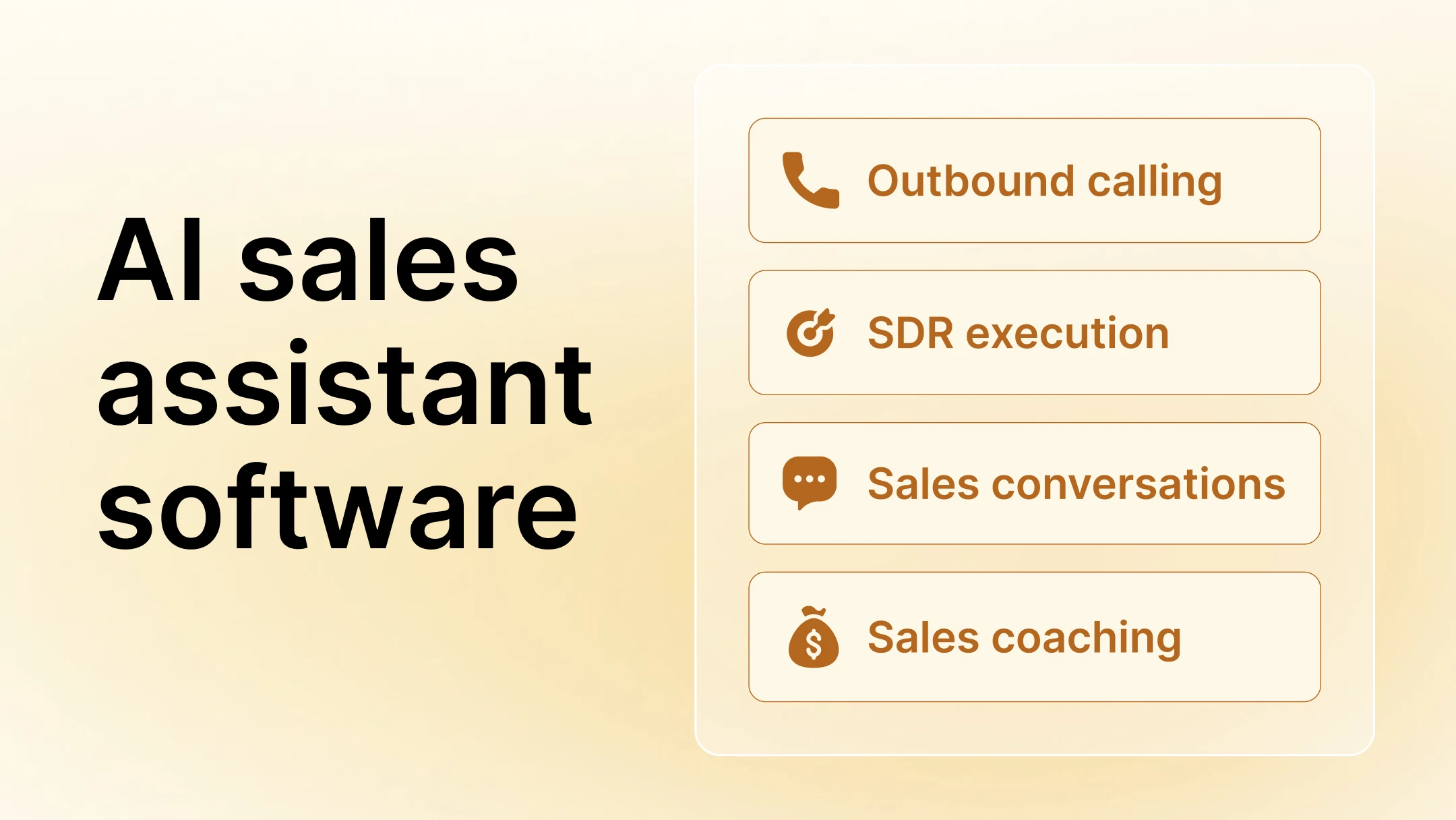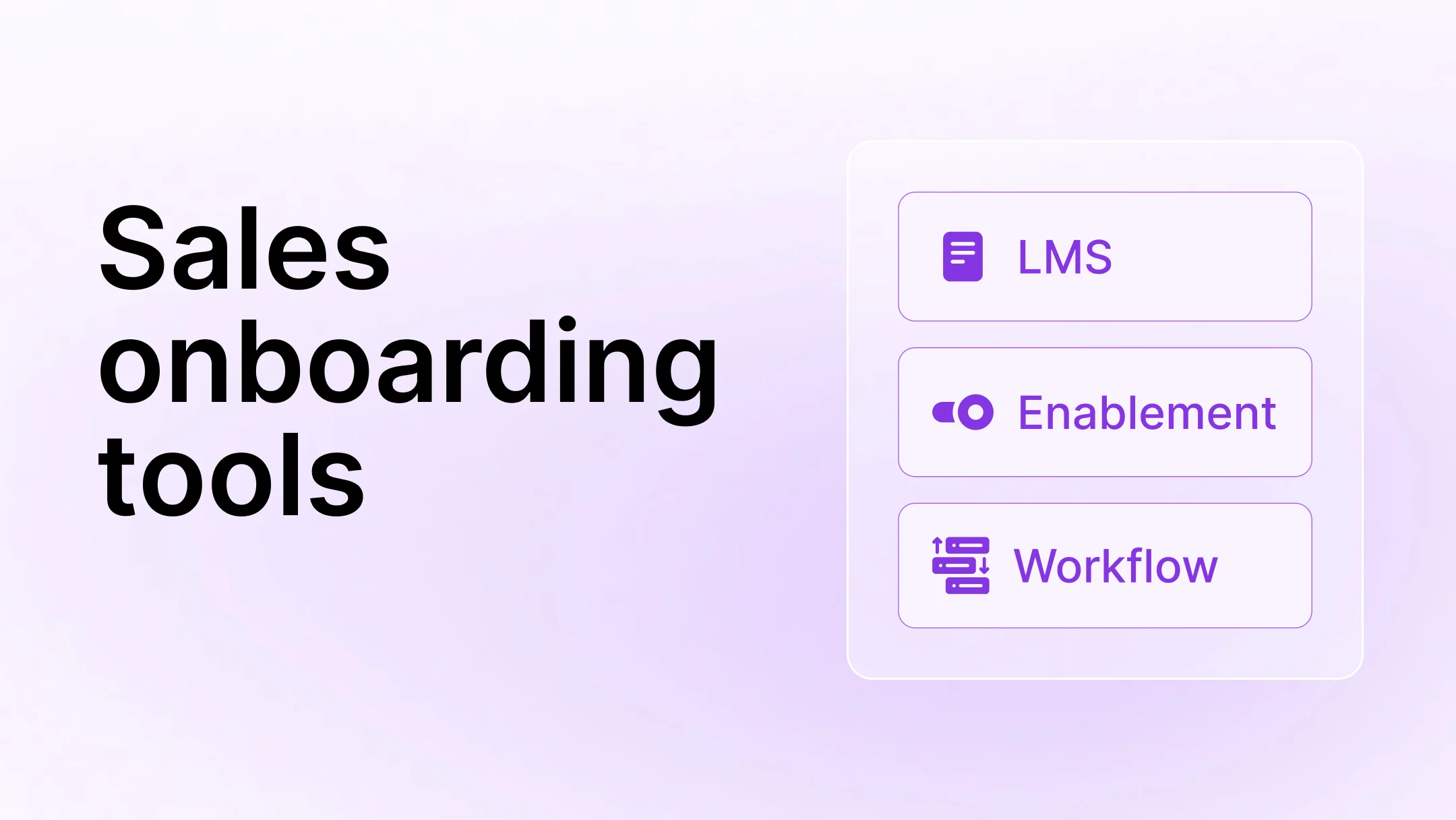How Gong became 15x more valuable ($7.5B) than Chorus ($500M) and became one of the fastest growing B2B brands?
Table of Contents:

Conversation intelligence is a relatively new domain—but it has made big strides in the SaaS world in a relatively short time. Take, for example, its rapidly growing total addressable market (TAM). Industry experts forecast that the global market size for conversational AI will leapfrog to $18.4 billion by 2026—compared to its market size of $6.8 billion in 2021.
The irony is—sometimes, the sum of the parts is pretty close to its whole. At a $7.5 billion valuation, Gong—the category leader in the conversation intelligence space—is already worth more than conversation AI's current market size.
And it's not that Gong.io got there solely because of its first-mover advantage—there has been fierce competition from other players like Chorus, who also began their crusade around the same time as Gong.
Both Gong and Chorus are great companies in their rights with their unique strengths. So what gives? What has led Gong to create an unbeatable brand which leaves its closest rival far behind in the race?
Gong vs Chorus growth comparison
Both Gong and Chorus have competitive products. The difference between the two lies in marketing and sales. Besides competing in the same market, Gong and Chorus have another interesting coincidence that makes their comparison even more interesting. Both tech companies are partially headquartered in Tel Aviv in Israel and California in the U.S.
It is an important aspect to note because the background of a company's founder almost always directly influences its go-to-market (GTM) strategy. In this case, both companies' founders—originally from Israel—hold distinct work experiences in software technology.

Chorus' founder, Roy Raanani, held several roles in companies like Bain & Co. that deepened his understanding of AI technology and allowed him to interact closely with entrepreneurs and venture capitalists. The experience helped Roy build a technically superior conversation intelligence platform and attract funding when Chorus was a fledgling startup.
In July 2021, ZoomInfo acquired Chorus. Currently, Chorus is headed by ZoomInfo's CEO, Henry Schuck, who also comes with a rich background of running organizations such as iProfile, DiscoverOrg in the past.
Gong has two co-founders—Eilon Reshef who helms the company as its Chief Product Officer and Amit Bendov who’s its current CEO. Amit held impressive portfolios like CEO of SiSense, CMO of Panaya, and Senior VP of Marketing at ClickSoftware before he co-founded Gong. And it’s mostly his mastery over marketing and sales that has influenced Gong’s GTM strategy since its inception.
Chorus’ future definitely looks promising after the ZoomInfo acquisition—but we are yet to see what kind of GTM strategy they will choose to expand their growth.
Let’s compare Gong and Chorus’ on four key parameters—technology, product, marketing, and sales.
1. Technology
Both Gong and Chorus compete in the conversation intelligence space but are positioned differently. The foundation of both the platforms is to record calls and meetings and use artificial intelligence (AI), convert speech into text, and then do more advanced analysis on the raw test.
With time, both Gong and Chorus realized the importance of email as a key channel for sales conversations and added the capability to analyze email content.
These platforms use natural language processing (NLP) to analyze conversations to identify topics discussed, talk patterns, questions asked, customer objections, sentiment, and more.
Chorus calls itself a Conversation Intelligence Platform, whereas Gong positions itself towards Revenue Intelligence.
Conversation Intelligence
A conversation intelligence software typically records, transcribes, and analyzes customer and prospect conversations. The software allows sales reps, account managers, and customer success managers to gain deeper visibility into their conversations and learn how to improve those conversations.
Revenue Intelligence
Revenue Intelligence software is an evolution of the Conversation Intelligence movement. With Revenue Intelligence, the scope isn't just limited to analyzing sales and customer conversations but spans across capturing and analyzing marketing activities.

That said, is Gong technically a Revenue Intelligence Platform?Not yet. To be truly a Revenue Intelligence software, Gong would also need to track activities from various marketing functions. And that functionality isn’t available today. But you can say that they are definitely headed in the direction of becoming a true Revenue Intelligence platform.
On balance, both products are similar in terms of technology—but Gong stands apart with its distinct positioning. 👌
2. Product
Just like the technology comparison, both Gong and Chorus have comparable features. When you look at their feature list and pricing model, you realize that they both clearly compete in the same niche (focused on enterprise sales teams).

Both the platforms offer integration with most leading conferencing tools, dialers and CRMs to enable sales teams to leverage their existing tech stacks.
In fact, we did a blow-by-blow Gong vs Chorus comparison a few months back and it was obvious that there is not much of a difference between the two in terms of product capabilities.
So, it’s fair to say that Gong doesn’t necessarily have an upper hand over Chorus in the product section. 👌
3. Marketing
Marketing is where Gong makes a massive difference—not just in comparison with Chorus, but for the entire category. Even the ones who aren’t aware of conversation intelligence as a category, know Gong as a brand.
And despite being a marketer representing a competing brand, I will be the first to admit—what Gong’s marketing team has achieved in a short period deserves a standing ovation!
Though conversation intelligence is not confined to the sales vertical (like we at Avoma have often shown), the impact that Gong created spurred a number of new players in the category specifically solving the sales coaching problem.
In many ways, you could say that Gong’s targeting of the VPs of Sales as a key ICP was a natural consequence for them. In the early days of Gong, their CEO Amit Bendov was running sales, and he got so buried with meetings that he narrowed the qualification criteria to VPs only. :)
Let’s look at a couple of things from a brand storytelling perspective that Gong did brilliantly.
Their social media game
If you are on Linkedin, it's almost impossible to have not come across them. Be it individuals like Chris Orlob or Udi Ledergor or the snarky memes on sales and marketing topics on their company page, they are hard to miss and highly engaging.

Their brand personality is consistent across forums and people representing the brand. For instance, most of their C-suite employees on LinkedIn have a purple background that represents the brand.
Ross Simmonds of Foundation Inc. shared a thorough analysis of Gong's LinkedIn Strategy where he breaks down the company's social selling strategies. Here are a couple of excerpts from Ross' blog that dissects Gong.io's marketing acumen:
Across the organization at Gong, the team has an understanding of what type of content works well on LinkedIn. This obsession with understanding what type of content resonates with their audience is what we call ‘content-market fit’ and that’s what the Gong team has uncovered. Gong understands that their audience wants opinions, techniques & data and that they’re spending time on LinkedIn.
- Ross Simmonds, CEO, Foundation
Mastering content distribution
Among the millions of website visits Gong generates in a year, a significant majority comes from organic and email. It’s not often that you see email and search traffic numbers that are almost offering a similar level of impact.

You might have noticed that one of the CTAs on Gong's blog is "Follow us on LinkedIn for more Sales tips." Doing that has created a content distribution and engagement loop.
A couple of years back, Gong ran a Holiday Book Giveaway contest—inviting wide-scale participation from their target audience in sales and revenue-driven roles. The campaign's goal was to gain more followers for Gong's LinkedIn Page—eventually to build a larger captive audience for future content and campaigns.
Within 30 days from the campaign kickoff, Gong.'s LinkedIn Page achieved an 85% increase in new followers, a 194% increase in post likes, a 108% increase in shares, and a staggering 6,893% increase in comments.
Even going by the couple of examples above, it’s clear that Gong is a clear winner by miles in terms of marketing and branding. 👏
4. Sales
Sales is another key differential aspect when you compare Gong and Chorus. Though both are in the business of helping organizations improve their sales and increase revenue—Gong has outsold the competition and represents over 75% of the revenue intelligence market.
On the lines of what we discussed under 'Technology' and 'Product’—it's not the product or platform that made the difference in what Gong is today.
“Product differentiation is dead today. The path to winning your unfair share of the market has shifted in the last 5-10 years. Product differentiation is a ticket to play the game today but it's not going to win your market by itself. Instead, the perception of differentiation in your buyers' minds happens during customer-facing conversations. In other words, how you sell has become as or more important than what you sell.”
- Chris Orlob, Director of Sales, Gong
The above belief system explains Gong's massive success over its rivals like Chorus, (who according to some) might even have a more robust platform.
Most average sales teams have inconsistencies across the sales reps in terms of how they run the discovery call, call structure, product messaging, etc. And as you would expect, this is one area where conversation intelligence software tends to drink their own champagne by using their platform to improve the performance of their sales team.
But what Gong did well was creating the 'Gong Labs' brand for all things sales research, and the Labs team, in turn, works with the marketing team to publish the findings and make it a sales playbook for the sales fraternity.
For example, here's an article about how Gong uses sales analytics internally, which has become a set of universal KPIs to measure, credit to their sales and marketing storytelling:

It’s not the product, it’s not the technology. It’s the superfood made up of two protein-rich nutrients—marketing and sales—that makes Gong a market leader. 👏
How marketing and sales impacted Gong’s valuation
Gong's marketing and sales have helped the company get 2000+ customers across different sectors, including Paypal Holdings, Microsoft-owned LinkedIn, and Slack. In fact, based on some estimations, Gong owns a lion’s share (75%) of the revenue intelligence market (Note: It's not the entire conversation intelligence market share, but a focused niche—revenue intelligence).
The valuation obviously soars high when you become a market leader in terms of growth, innovation, revenue, and the number of customers.
Head-to-head comparison of where Gong and Chorus stand currently:

To sum up...
In a world where the product differences are marginal, marketing and sales make things magical and Gong is a thriving example.
Chorus has made it big as a conversation intelligence software by an objective account—there's no disputing it. But Gong's success is beyond praiseworthy—especially when you see that its closest competitor trails by millions of dollars.
But is it going to stay the same forever? Hopefully not.
There are a few interesting possibilities when it comes to the future of conversation intelligence platforms:
- With the acquisition of Chorus.ai by ZoomInfo, Chorus could come up with something game-changing.
- Gong's clout may continue to grow bigger, or maybe the conversation intelligence space may become more interesting if a hegemon like Salesforce makes an aggressive foray into the niche.
- The category may mature to democratize conversation intelligence across all functions rather than merely confining it to sales—making players like Avoma lead the category holistically.
For now, Gong rules the conversation intelligence category but there’s a strong possibility that a better player with a better GTM motion may change that.
Frequently Asked Questions






What's stopping you from turning every conversation into actionable insights?









